Thermal imaging cameras have become invaluable tools for building inspections and energy audits. Their ability to detect temperature differences enables inspectors to identify issues that are otherwise invisible to the naked eye. From improving energy efficiency to ensuring structural integrity, thermal cameras provide a non-invasive and reliable solution for professionals in the construction and energy sectors.
What Are Thermal Cameras and How Do They Work?
Thermal cameras, such as the Thermal Master P2, detect infrared radiation emitted by objects and convert it into visible images. These images showcase temperature variations, allowing users to identify hot or cold spots quickly. Unlike traditional inspection tools, thermal cameras work in real-time and under various lighting conditions, making them highly versatile.

Applications in Building Inspections
-
Detecting Insulation Problems
Insulation deficiencies are a major cause of energy inefficiency. Thermal cameras identify areas with poor insulation by highlighting spots where heat escapes during winter or enters during summer. This helps homeowners and businesses address energy loss effectively. -
Identifying Moisture Intrusion
Moisture can compromise structural integrity and lead to mold growth. Thermal imaging detects temperature anomalies caused by dampness in walls, ceilings, and floors. Early detection allows for timely repairs, reducing long-term damage and associated costs. -
Spotting Electrical Issues
Overheating electrical components pose safety risks and can lead to system failures. A thermal camera reveals hotspots in electrical panels, wiring, and machinery, enabling preventive maintenance and minimizing downtime. -
Locating Structural Defects
Hidden cracks or voids in building materials can weaken structures. Thermal cameras identify these defects by detecting uneven heat distribution, helping engineers and inspectors address issues before they escalate.

Benefits for Energy Audits
-
Improving HVAC Efficiency
Heating, ventilation, and air conditioning (HVAC) systems consume significant energy. Thermal imaging detects leaks in ductwork, ensuring that conditioned air reaches its intended destination. This enhances system efficiency and lowers energy bills. -
Monitoring Solar Panel Performance
For properties with solar panels, thermal cameras can detect underperforming or damaged cells. This ensures optimal energy production and extends the lifespan of the panels. -
Enhancing Energy Certifications
Energy certifications, such as LEED or Energy Star, require detailed performance assessments. Thermal imaging provides precise data for evaluating a building's energy efficiency, supporting certification processes.

Why Choose the Thermal Master P2?
The Thermal Master P2 stands out in the market for its high accuracy, compact design, and user-friendly interface. It is suitable for both professionals and newcomers in the field, offering exceptional thermal sensitivity and image resolution. Its advanced features ensure reliable results for all types of building inspections and energy audits.

Future Prospects of Thermal Imaging
As technology advances, thermal cameras are becoming more accessible and affordable. Their applications continue to expand, encompassing fields like renewable energy, environmental monitoring, and smart building systems. With innovations like the Thermal Master P2, the future of building inspections and energy audits looks promising, driven by enhanced accuracy and efficiency.
Thermal cameras have revolutionized the way building inspections and energy audits are conducted. By offering precise, non-invasive insights, they save time, reduce costs, and enhance safety. Professionals looking for a dependable solution should consider incorporating the Thermal Master P2 into their toolkit. Its cutting-edge capabilities make it a valuable asset in addressing modern inspection challenges.





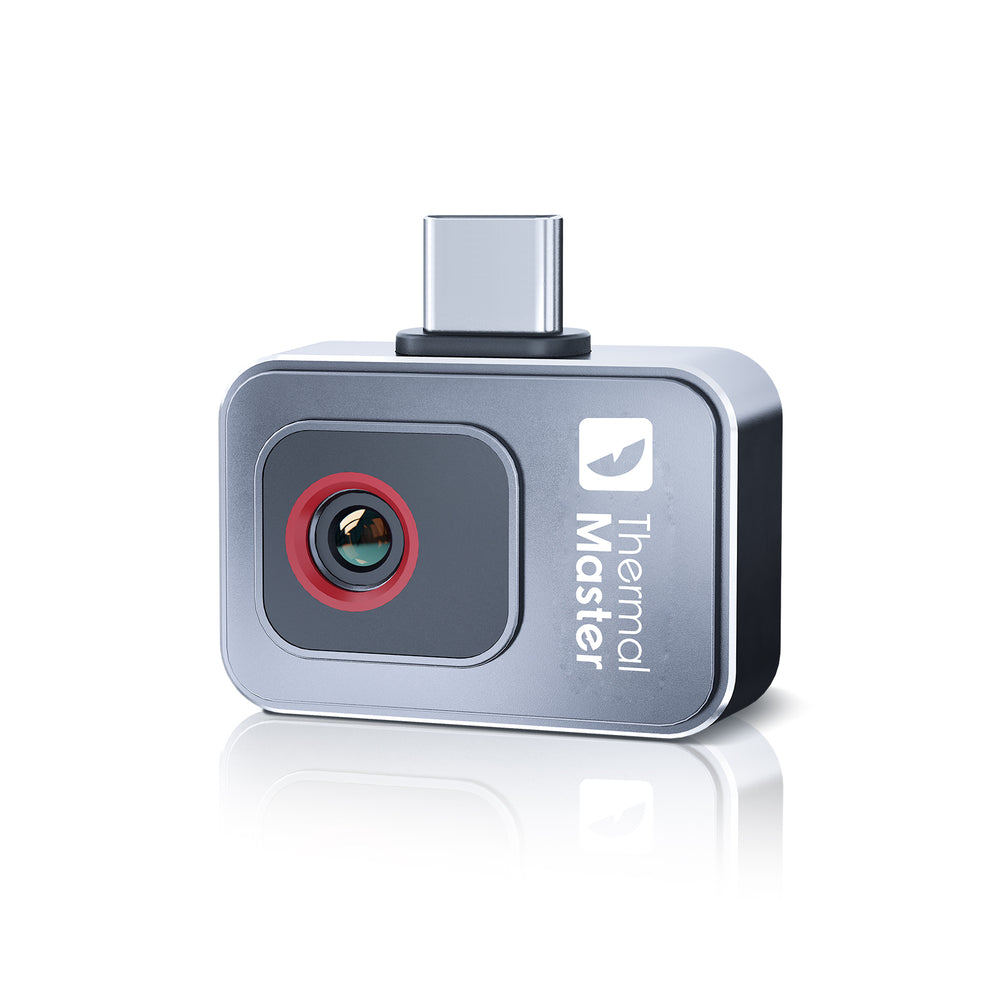


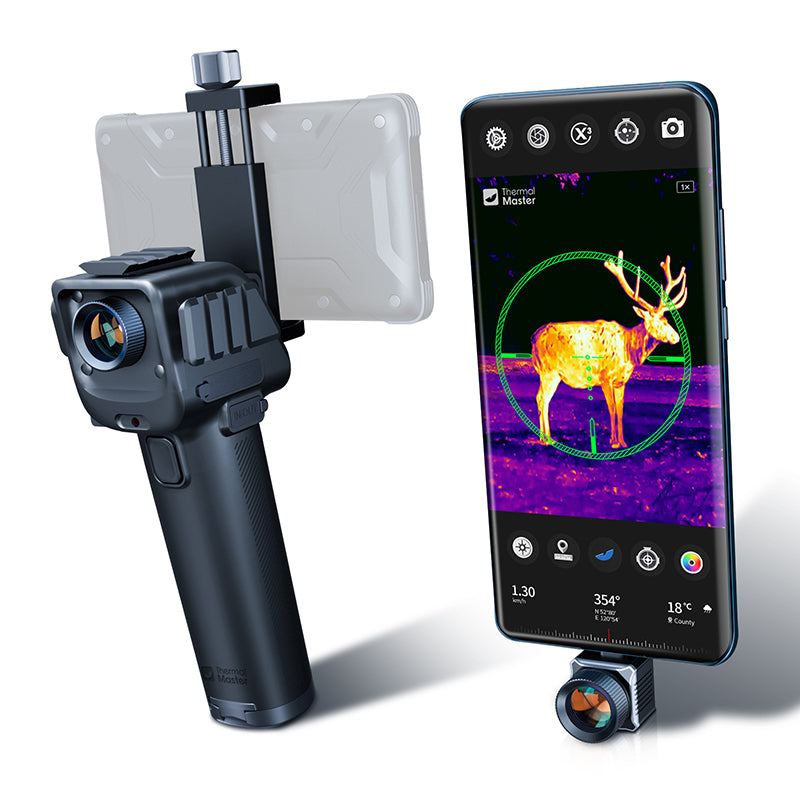
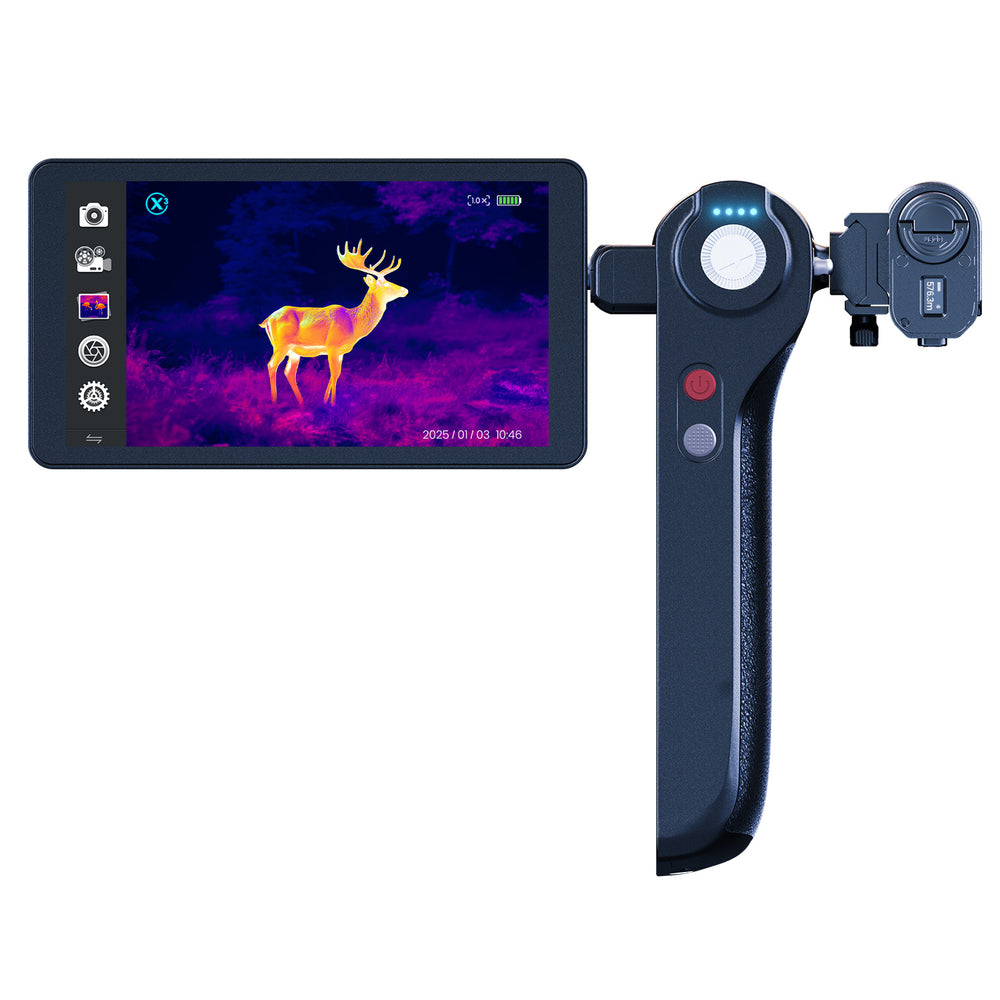
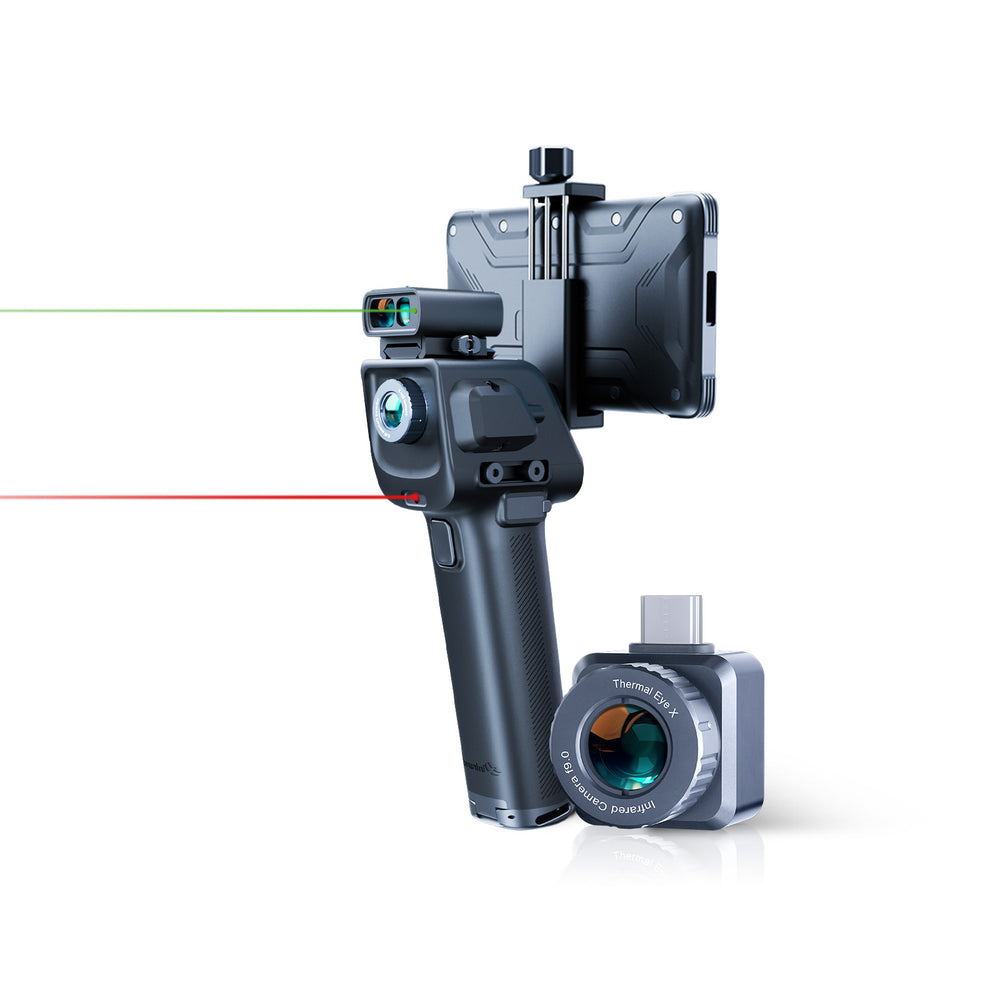
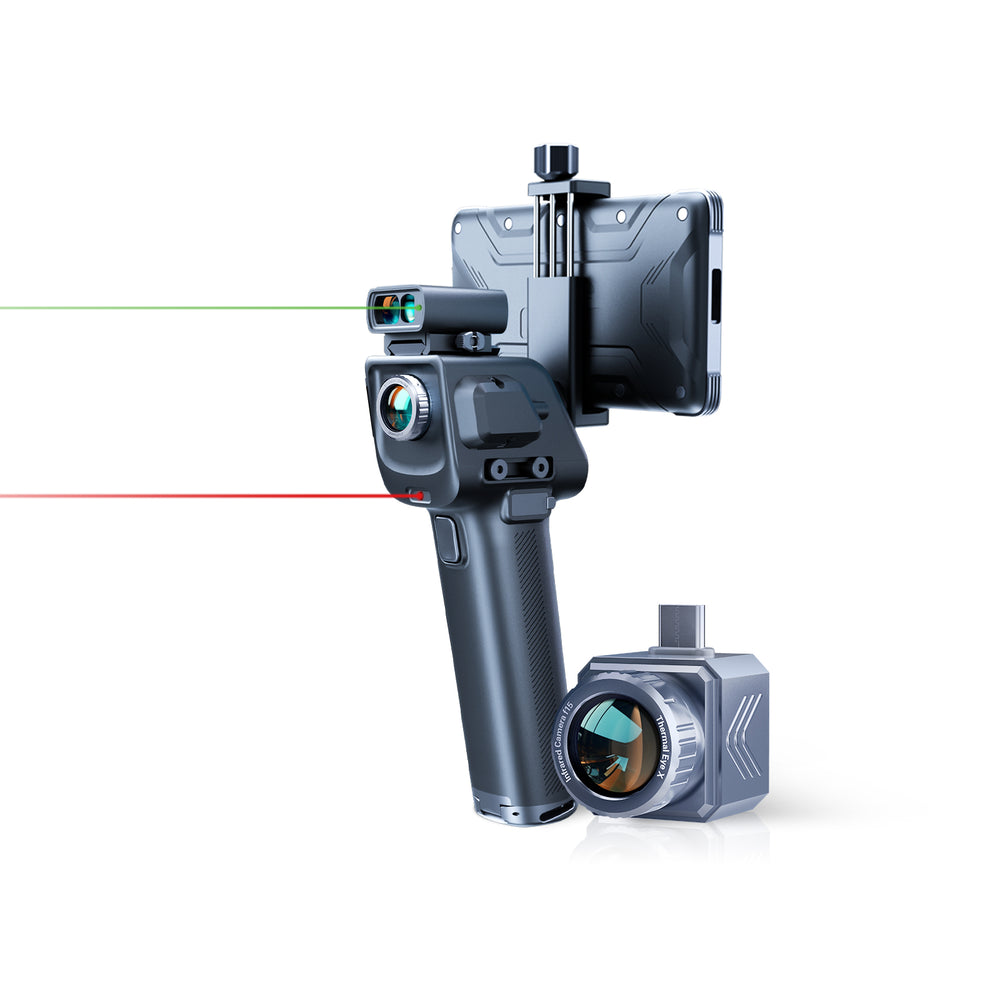
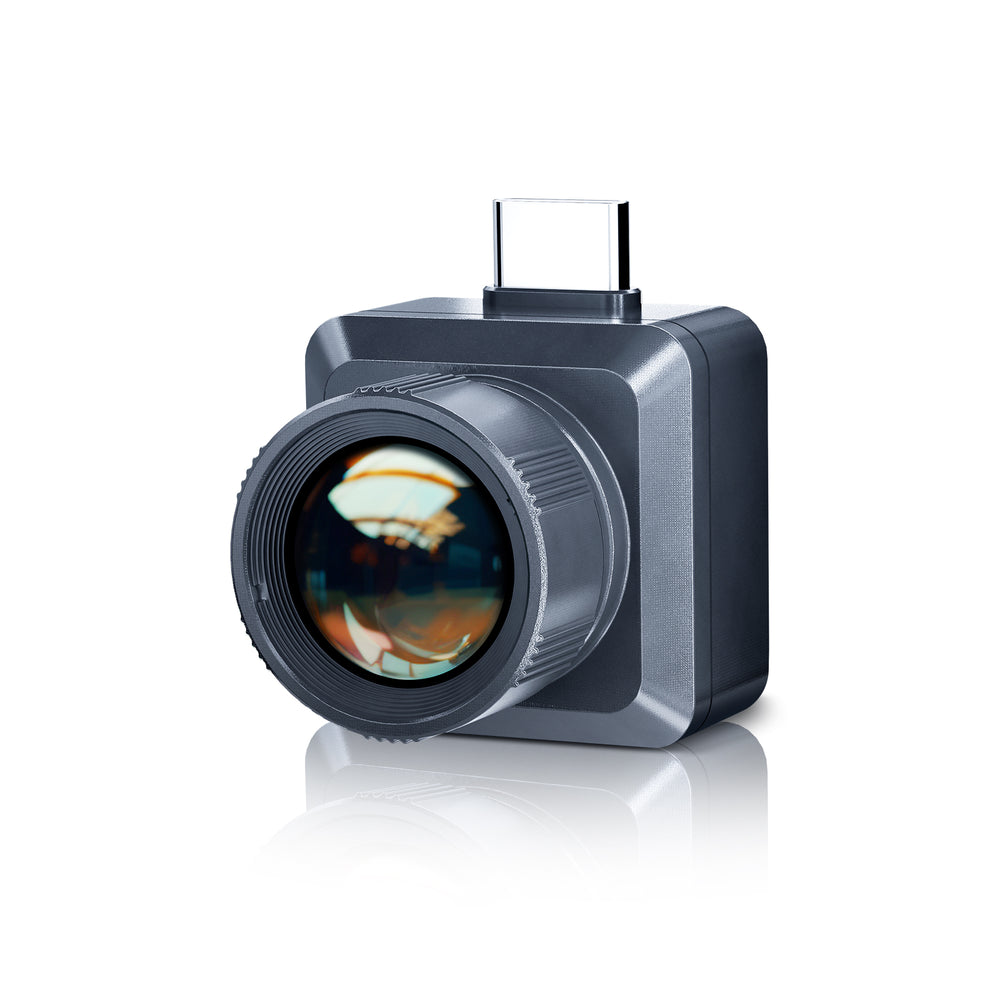
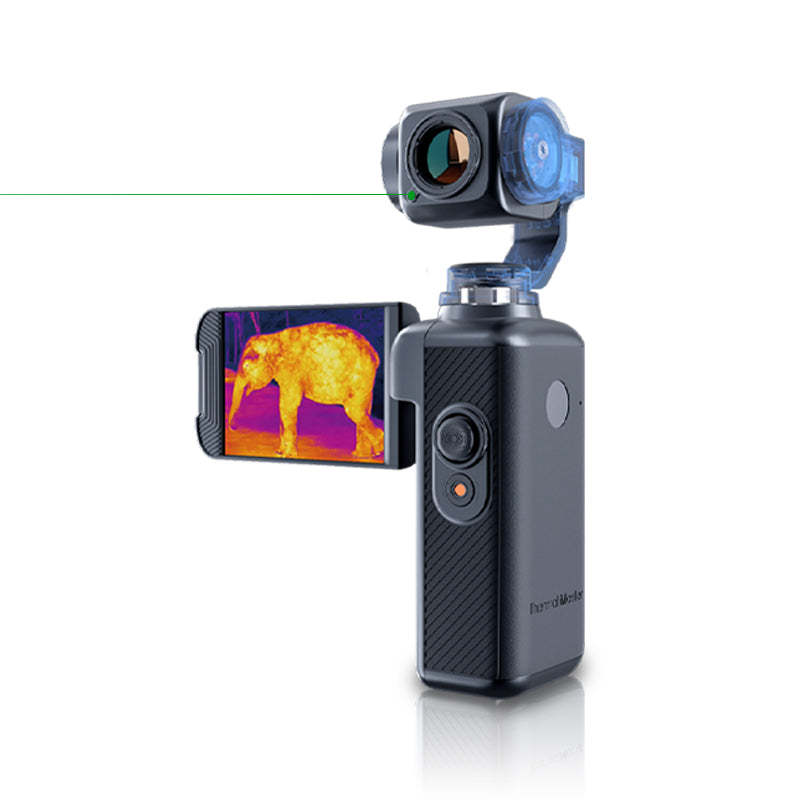
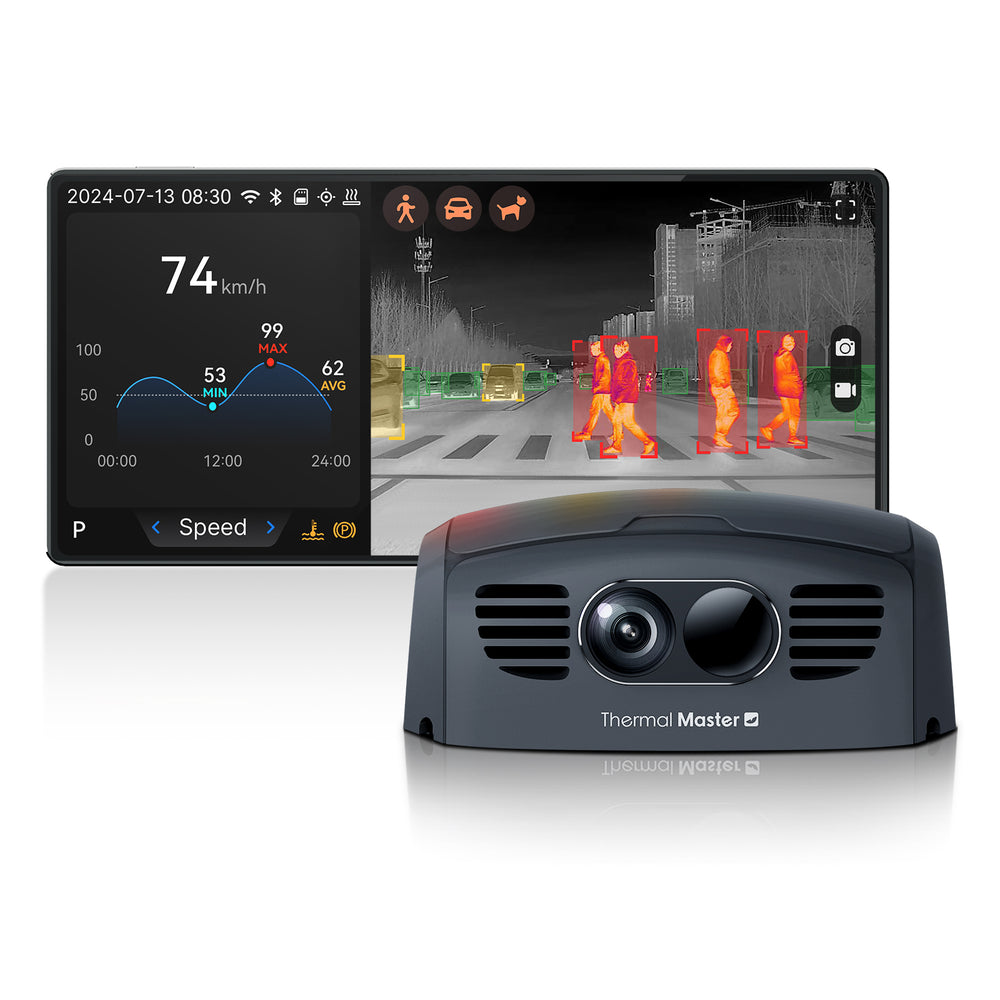
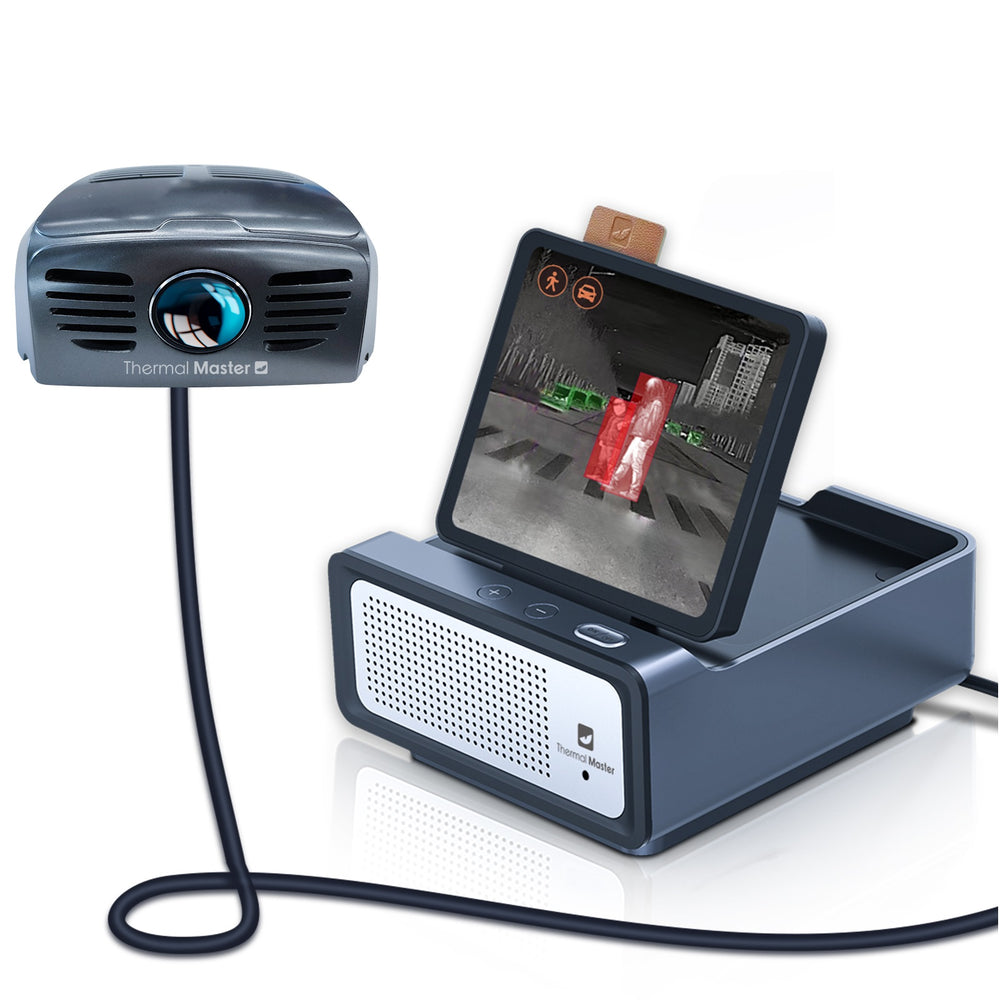
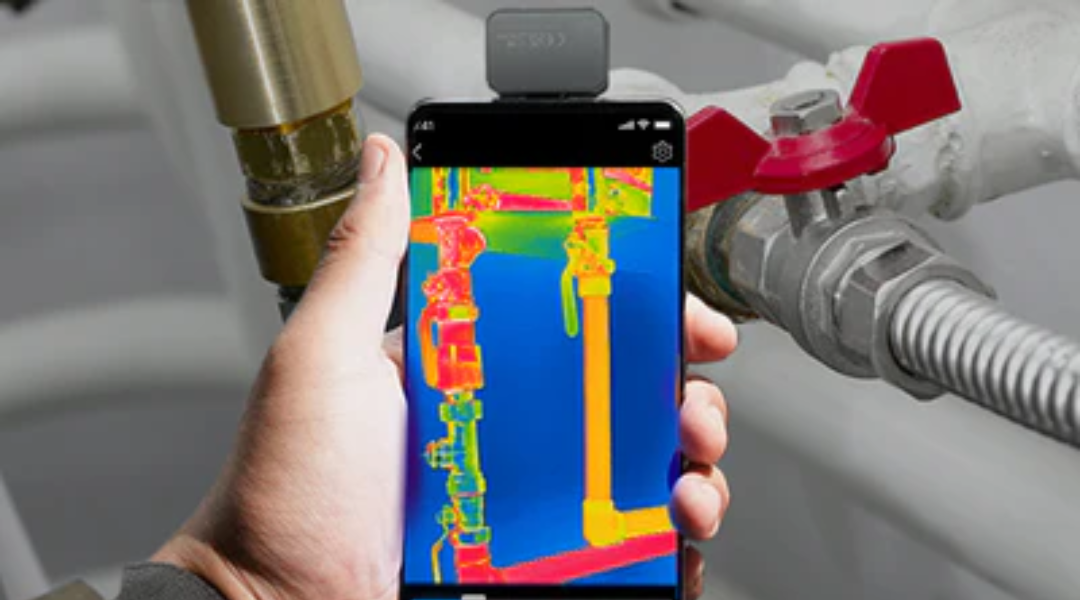

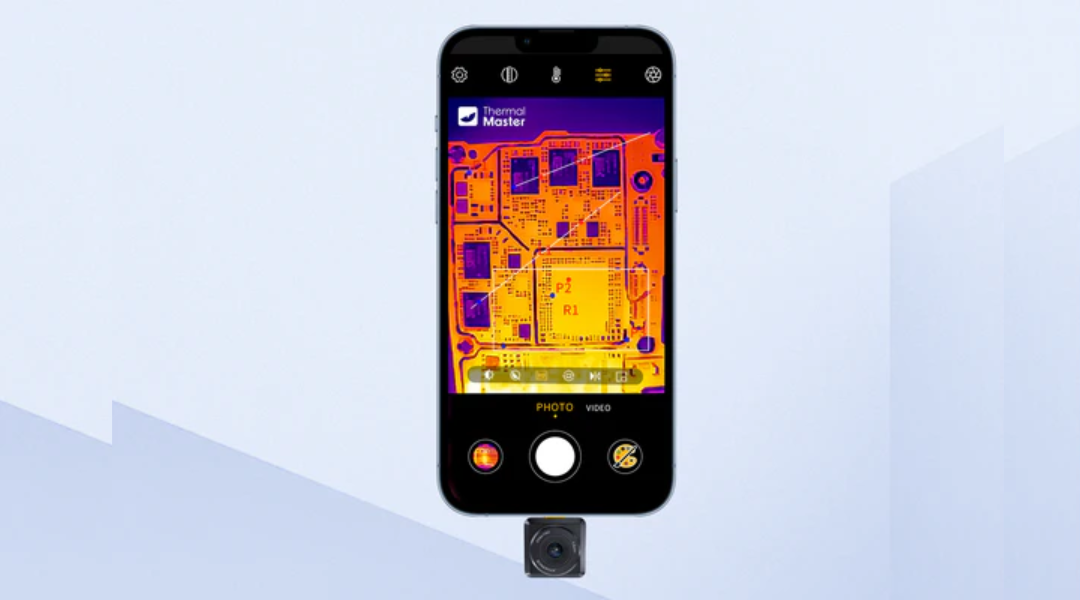
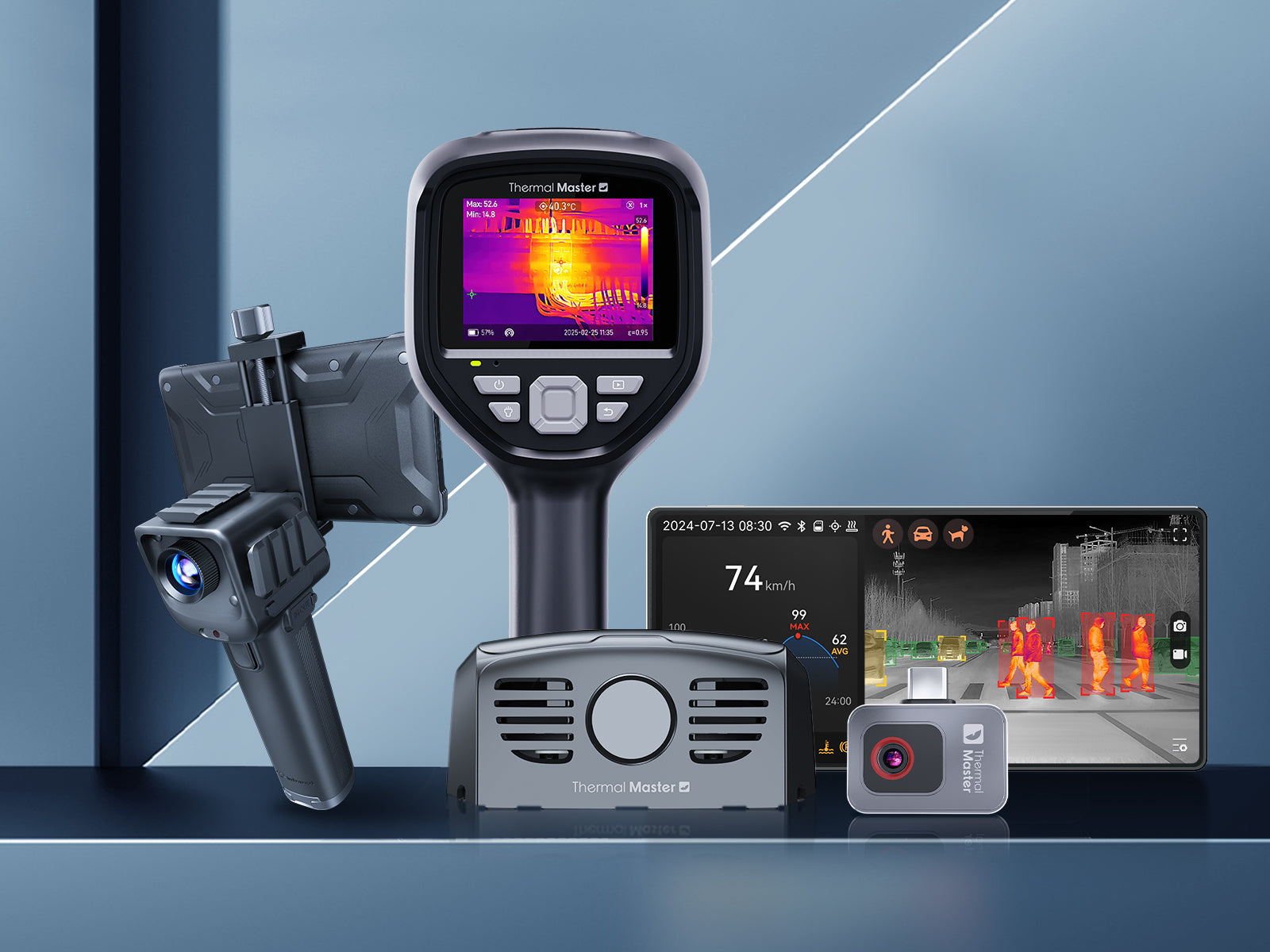
Leave a comment
All comments are moderated before being published.
This site is protected by hCaptcha and the hCaptcha Privacy Policy and Terms of Service apply.